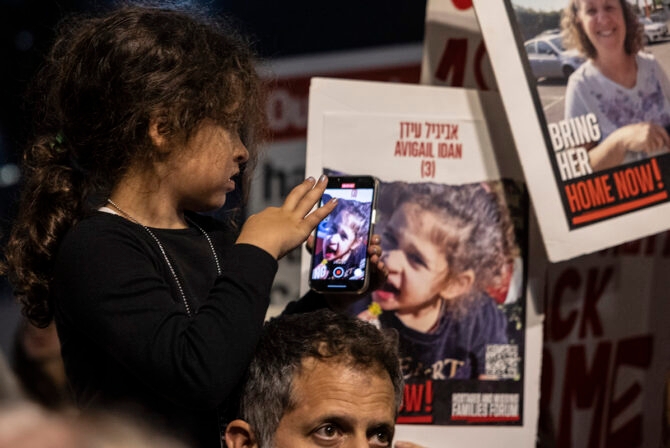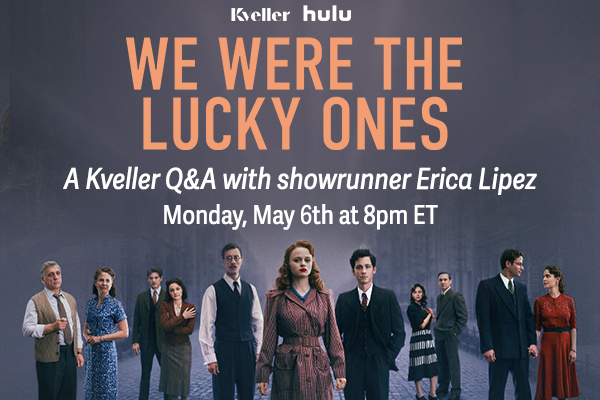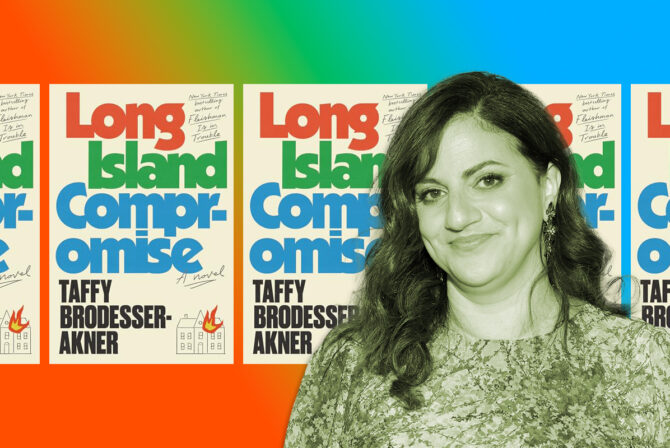“What are you reading?”
My 3-year-old had suddenly materialized next to the chair in my room. I was so immersed in my book that I hadn’t even heard her come in.
“A book,” I said, smiling.
“I love books,” she said. “What’s your book about?”
“It’s about love,” I said, telling her the slimmest sliver of the truth.
The truth is the book was “Paper Love,” by my friend and fellow Kveller writer Sarah Wildman. I highly recommend it–but the book is far from a typical love story. It is the true, well-researched story of Sarah’s exploration into her deceased grandfather’s romantic history, and the correspondence from the lover he left behind in Holocaust-era Europe, while he went on to America. He lived through the war. And she did not.
The book is about love, and blame, and separation, and silence. The book is about a woman feeling profoundly hurt and alone on one side of the Atlantic as her letters are unanswered.
And the book is about the Holocaust. It’s about a doctor living through the gradual loss of dignity through laws against the Jews that prohibited everything from working in certain jobs to buying vegetables to repairing shoes. It’s about being forced into a smaller and smaller corner and then, trapped, being put on cattle cars to be murdered, simply for being Jewish.
My oldest daughter is 3. She is far too young to know these things. She is far too young to know that not so long ago, the world stood silent as millions of Jews were murdered in gas chambers.
She smiles at me, swinging her short legs in the chair, waiting for my answer.
She is beautiful, and happy, and innocent. She is far, far too young to know that there are people in the world, even today, who passionately hate her and want her dead because she is a Jew.
I look at her, with her flyaway light brown hair that’s always fighting with her headband and her troublemaker’s smile. And my mind can’t get around it: that children as young as my daughter were lost, hidden, ripped from their childhoods and their lives, murdered. That there are generations cut off by murder, so many who didn’t get the privilege of having their own children, or of living through their childhoods.
That when people write “Death to Jews” on walls, or shout it in the streets, even today, they are not only talking about me, but they are talking about this beautiful, sweet little girl.
She is the future, and I am deliberately raising her as a Jew and to love being Jewish. One day, she will read this book too, and be, as I am, haunted. But right now, she is far too young for the past. Or, for that matter, any real awareness of the present.
And so I don’t tell her. Not yet.
“I love you,” I say. And, for now, that is enough.
Like this post? Get the best of Kveller delivered straight to your inbox.







